England yet to answer questions, little between Ireland and Australia, World Rugby need to look at referee standards
Six things we learned: Why Eddie Jones is the only man for the England job and how Wales’ and Scotland’s progress is skewed by Argentina’s woeful regression
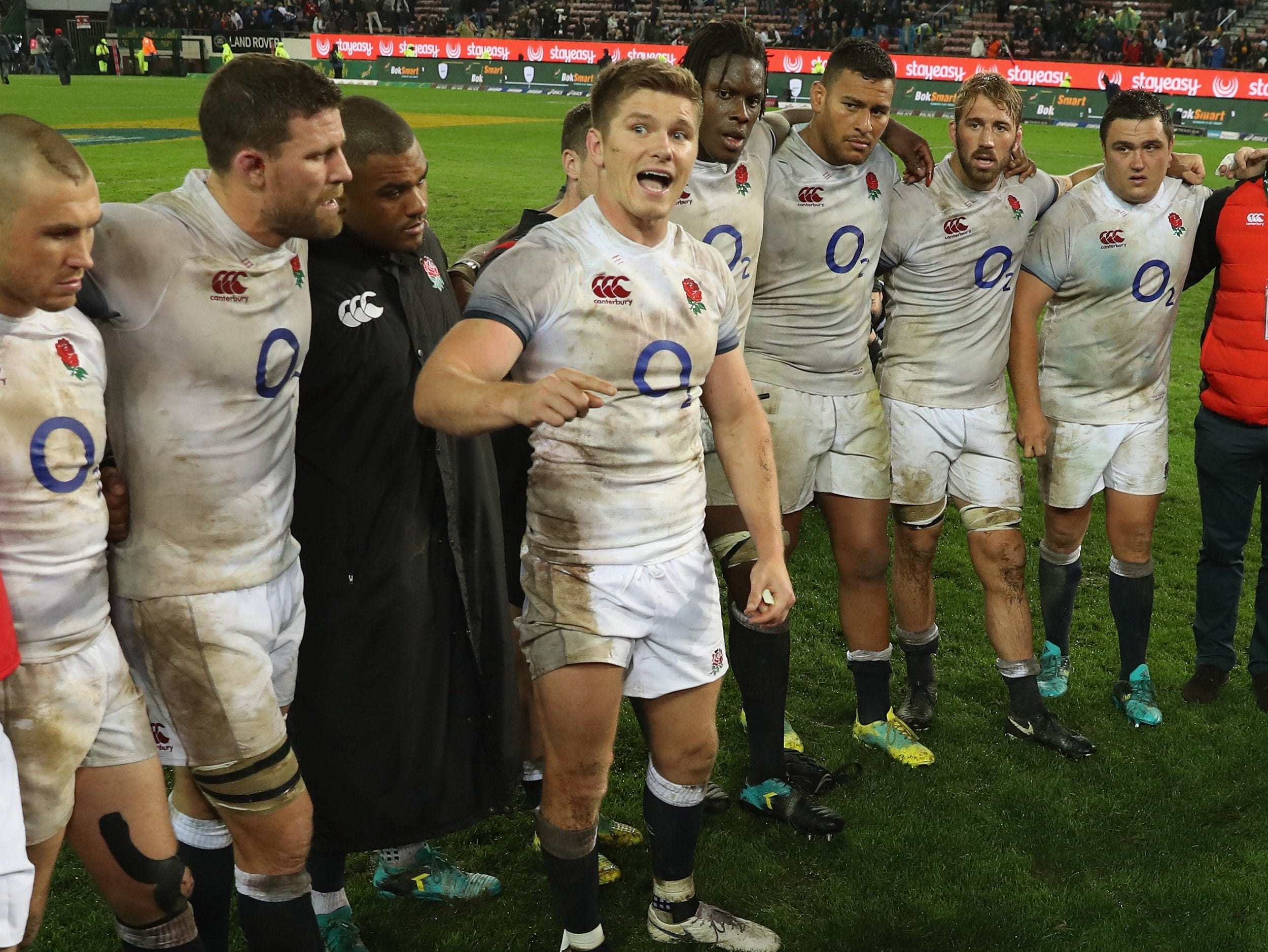
With the summer tours in the bag and, finally, an end-of-season break on the horizon after a brutally long season, the Northern Hemisphere sides have plenty to ponder.
Saturday certainly finished with a flourish for the home nations as England, Ireland and Scotland secured impressive victories, while France fell short once again as New Zealand cemented their place as the No 1 side in the world.
England’s final flourish may have been overshadowed by the disappointing series defeat to South Africa, but in Australia there was real reason to celebrate as Ireland edged a nail-biting series against the Wallabies to clinch a first tour triumph Down Under in 39 years.
Scotland meanwhile recorded their second-biggest win over Argentina with a landslide victory in Resistencia, although their tour was blemished by the 30-29 defeat by the United States last weekend – on the same day as Wales sealed a third win from three Tests this summer to compound the Pumas’ misery.
With the 2017/18 season finally over, here’s what we learned from the summer tours.
1. England with more questions than answers
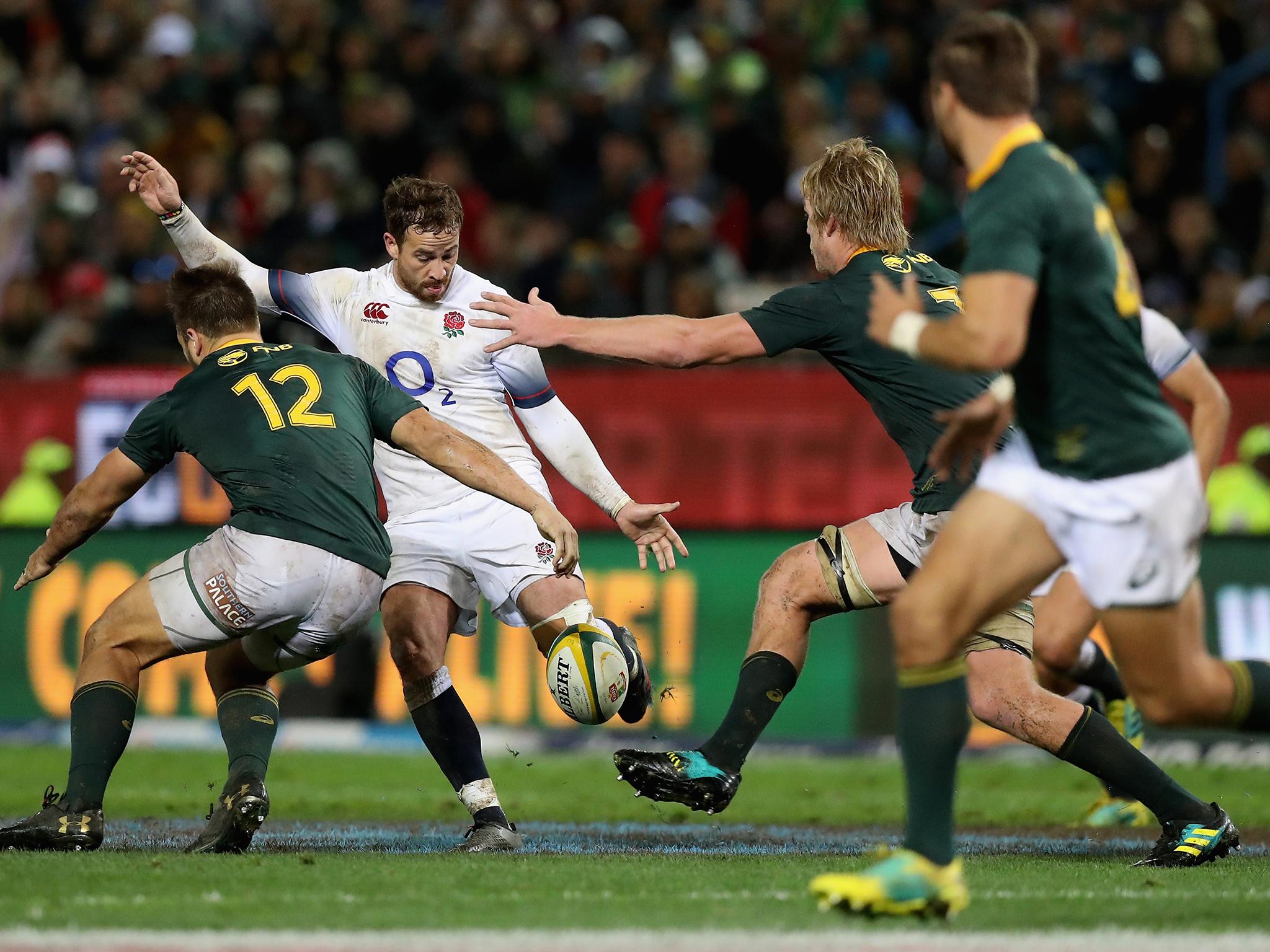
In many ways a 2-1 Test series defeat, by losing the first two matches, is the most difficult to draw conclusions from. England can take momentum from their Cape Town victory, but while Eddie Jones may have found his Rugby World Cup fly-half, South Africa were evidently without theirs.
By all accounts Elton Jantjies endured a nightmare afternoon, and had Handre Pollard remained in the No 10 shirt, the match could easily have played out very differently. So, too, had Damien de Allende or Bongi Mbonambi played – and it’s well worth remembering that they are without one of the best hookers in the world in Malcom Marx. With the series in the bag, motivation among the Springboks must also be questioned, and it’s fair to say that they were just as much to blame for losing the third Test as England were to praise for winning it.
Many of the questions before the summer still apply for England. Is Jamie George ready to replace Dylan Hartley? Who is their best lock combination when fully fit? Should Owen Farrell be England’s starting fly-half or has Danny Cipriani finally persuaded Jones to give him a genuine chance and where oh where does Elliot Daly play?
2. Nothing between a full-strength Ireland and Australia

Ireland emerged victorious from a breath-taking tour of Australia, but there was little to split between the two sides come the end of their first ever three-Test series. With an aggregate score of 55-55 from the three games, and no more than a nine-point margin, the sides ranked second (Ireland) and third (Australia) in the world have little between them.
The draw for the 2019 Rugby World Cup means that they cannot play each other in Japan next year until the semi-finals at least, and when the stakes are high and pressure on in a World Cup environment, the encounter will be as close to a 50-50 as we’ve seen.
If either one are to go on and challenge the All Blacks – Ireland are likely to face the All Blacks if they fail to top their pool – they will need to avoid injuries to their key players, but this series has shown that, at full strength, they have genuine World Cup hopes.
3. Scotland and Wales progress hard to judge due to regressing Pumas
Warren Gatland’s smile on the way back from South America must have been a sight to behold. A last-gasp win over South Africa in Washington DC followed by back-to-back victories over Argentina – all without key players like Alun Wyn Jones, Taulupe Faletau, Dan Biggar and Sam Warburton – has helped Wales up to fourth in the world rankings and shown they have developed a real strength in depth to be envied.

Scotland, too, thrashed Argentina with Saturday night’s 44-15 victory their second biggest win over the Pumas after their 1990 49-3 rout. Just like Wales, Gregor Townsend left a number of players at home for the summer tour – and he even started hooker Fraser Brown at openside flanker – and while it followed a disappointing loss to the United States, there are plenty of positives for the Scots to take.
But how much do they mean? Both Wales’ and Scotland’s successes are heavily outweighed by Argentina’s enormous regression over the last 12 months. This is a squad that plays together week-in, week-out in Super Rugby with the Jaguares due to the Argentine Rugby Union’s selection policy to omit players based abroad, yet they are incapable of producing the same performances from club level to the international stage.

That reflects terribly on head coach Daniel Hourcade, and with Mario Ledesma earning his coaching badges in the wings, a change could well be on the cards before the 2019 World Cup.
4. Serious questions about the standard of refereeing
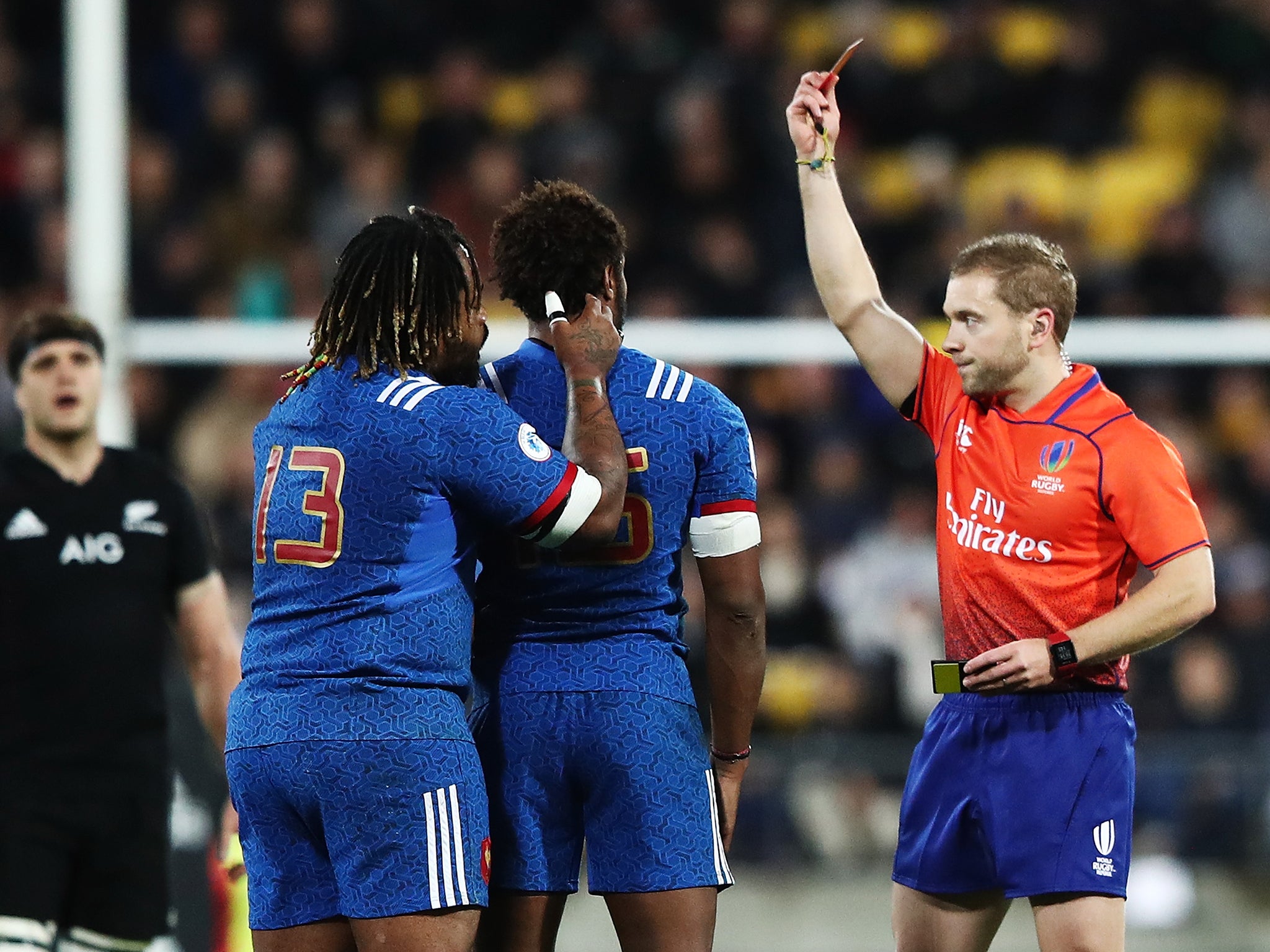
What could have been an epic series between New Zealand and France were ruined by three abysmal refereeing performances that really need to be looked with scrutiny. World Rugby have announced that, as usual, all officials will have their performances reviewed, but the regularity of wrong decisions in this particular series should be of real concern.
In all three matches, France were well in the contest when controversy struck: a harsh yellow card for Paul Gabrillagues before Sam Cane and Ofa Tu’ingafasi escaped sanction for high tackles that fractures Remy Gross’s skull in the first Test, an incorrect red card for Benjamin Fall’s tackle in the air on Beauden Barrett in the second and John Lacey’s inexplicable block on Baptiste Serin that allowed Damian McKenzie to score a try in Saturday’s third Test.
If the game is to learn from these errors, as World Rugby chief executive Brett Gosper promised in the aftermath of Saturday’s latest controversy, then measures must be taken to improve the standard of officiating.
5. England have few options other than Eddie Jones
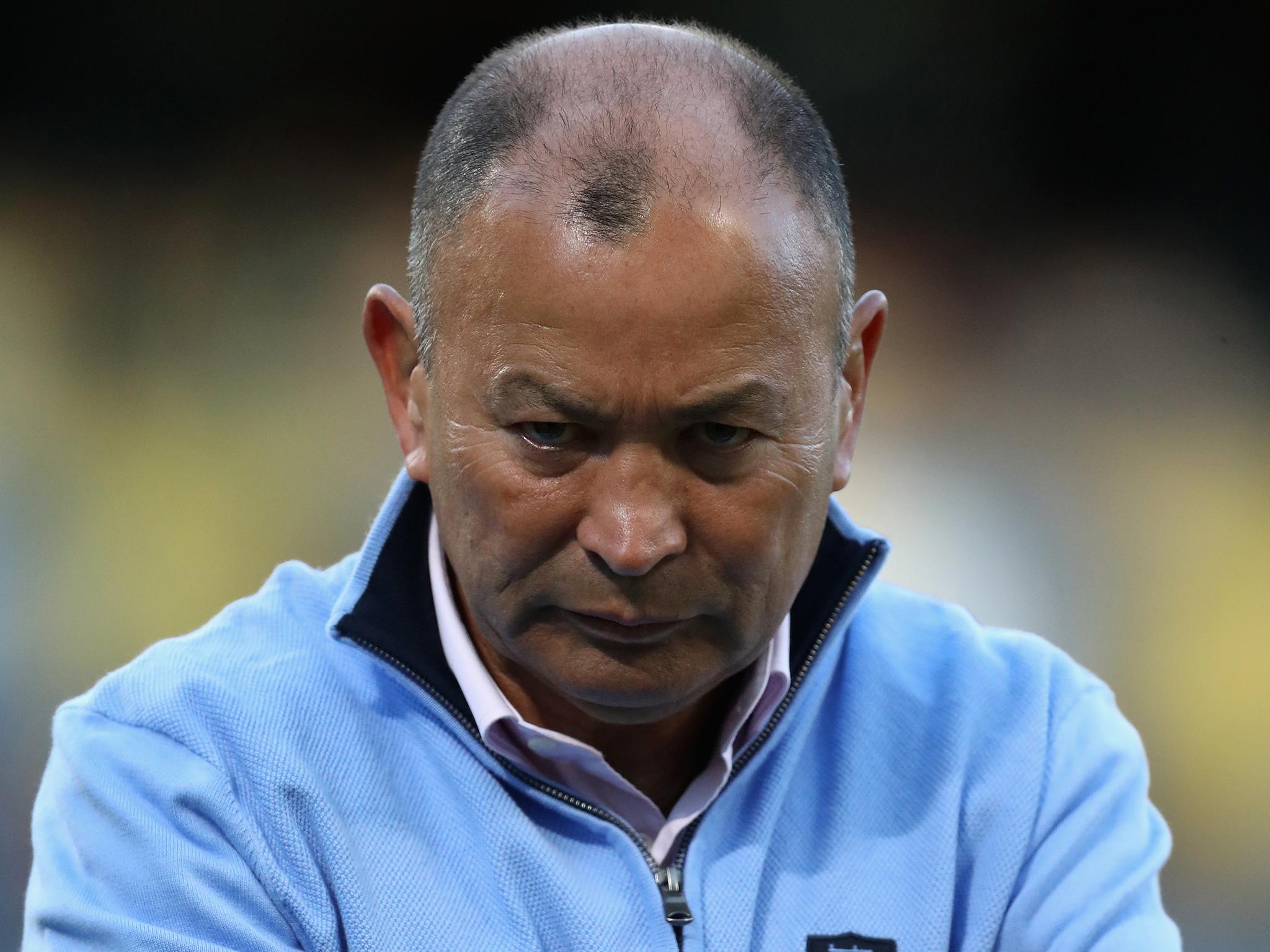
The third Test victory certainly saved Eddie Jones from facing more uncomfortable questions about his future, but had England suffered a sixth consecutive Test defeat, do the Rugby Football Union have any options to replace him with?
By extending his contract through to 2021, the RFU have already conceded that Steve Borthwick is not ready to step up, while Paul Gustard is on his way out of international rugby to start his head coaching career with Harlequins.
The likes of Rob Baxter and Dean Richards have made it clear that England is simply not something they want to think about at the moment – and who could blame them three years into a World Cup cycle – which leaves very few qualified options, at least in England, to choose from. When everything and everyone is considered, perhaps Jones is the only man for the job.
6. Japan 2019 winners will be whoever conquers the conditions
The series in South Africa was the perfect example of how teams need to adapt their style of play to counter the conditions just as much as opponents, and this will be no more important than in Japan next year. As Jones has previously remarked, the conditions will range from sub-tropical conditions in near-40 degrees heat to a cold winter’s night, and that’s without the intense rain that could strike the country throughout the autumn months.
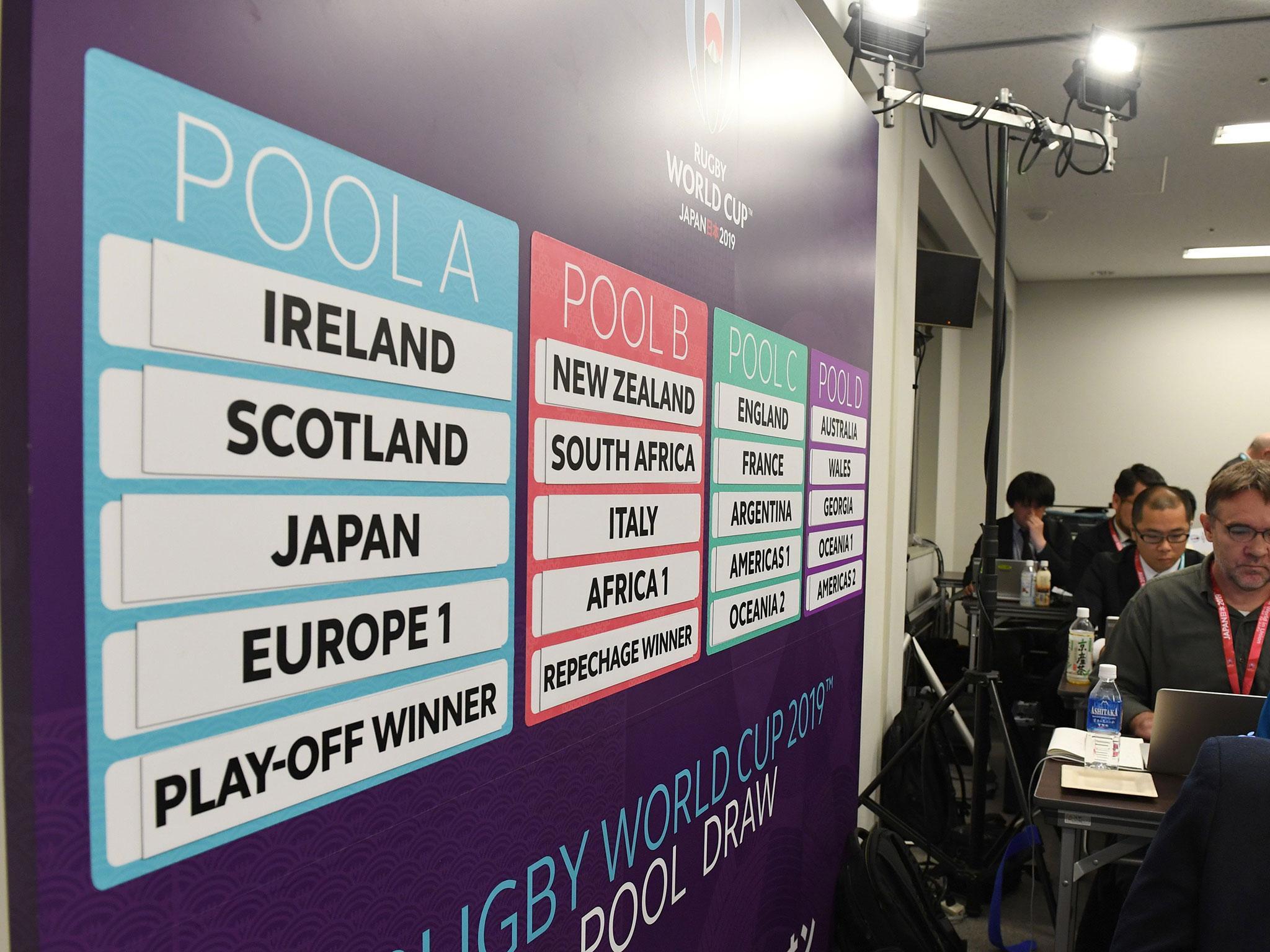
At altitude, England struggled and their decision to base themselves at sea level in Durban appeared to come back and haunt them, but when in the rain-soaked Newlands Stadium for the third Test England altered their game plan, kept it tight with two pods of forwards to do the bulk of the hard yards and only went wide when it was on.
The team that best adapts to the multitude of conditions in Japan will hold a significant advantage over the rest of the competition, and a lot of that will be down to the pre-tournament planning from each coach in the next few months.
Join our commenting forum
Join thought-provoking conversations, follow other Independent readers and see their replies
Comments